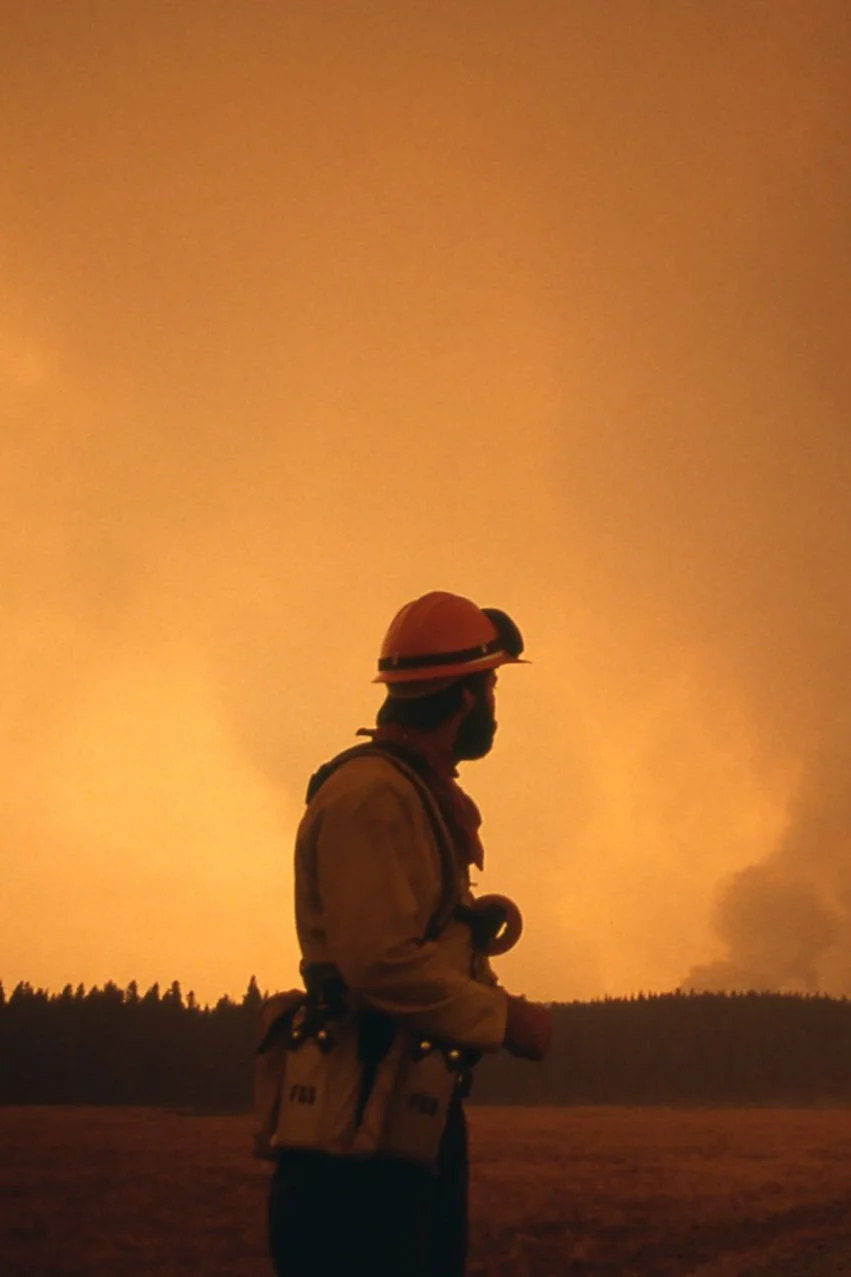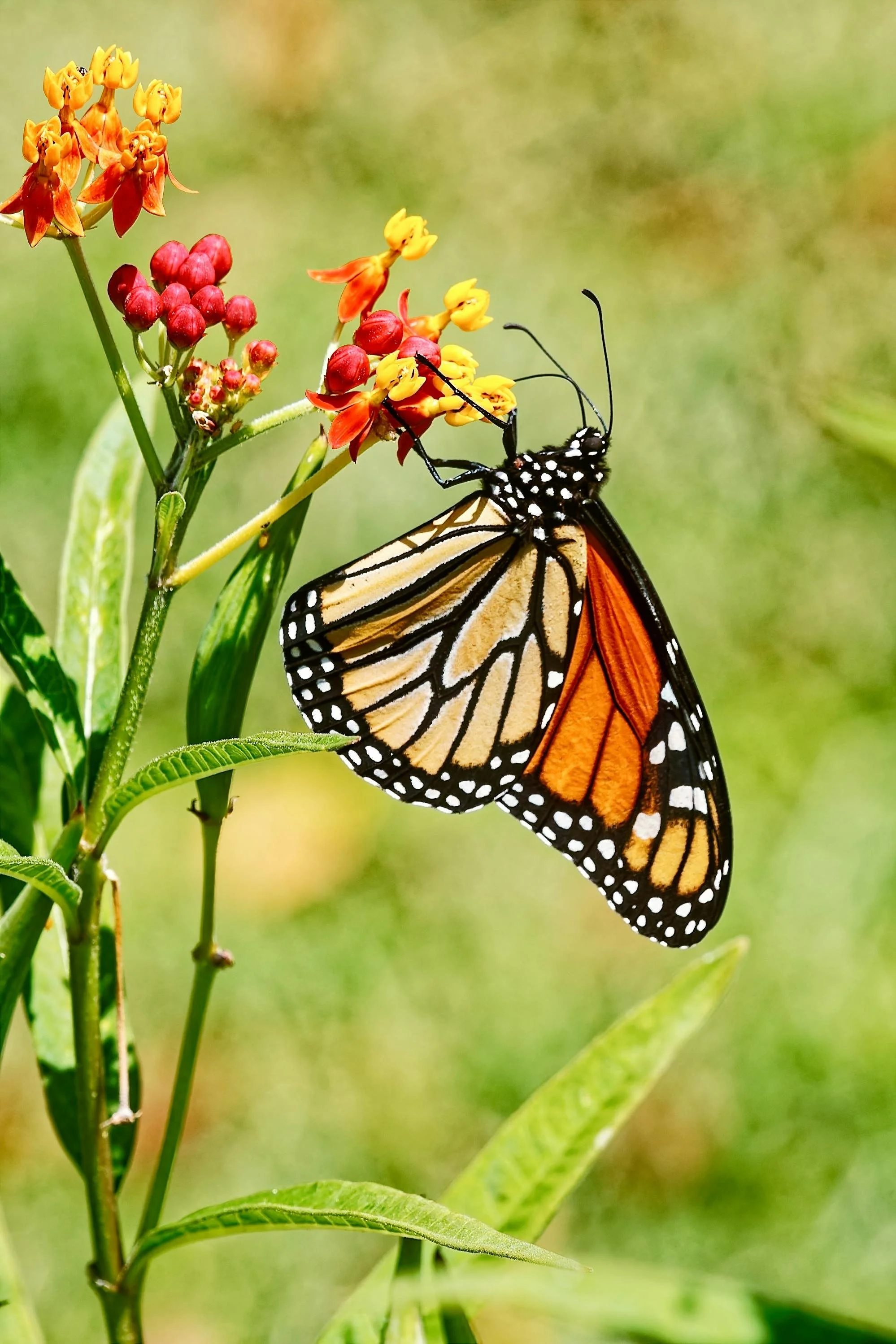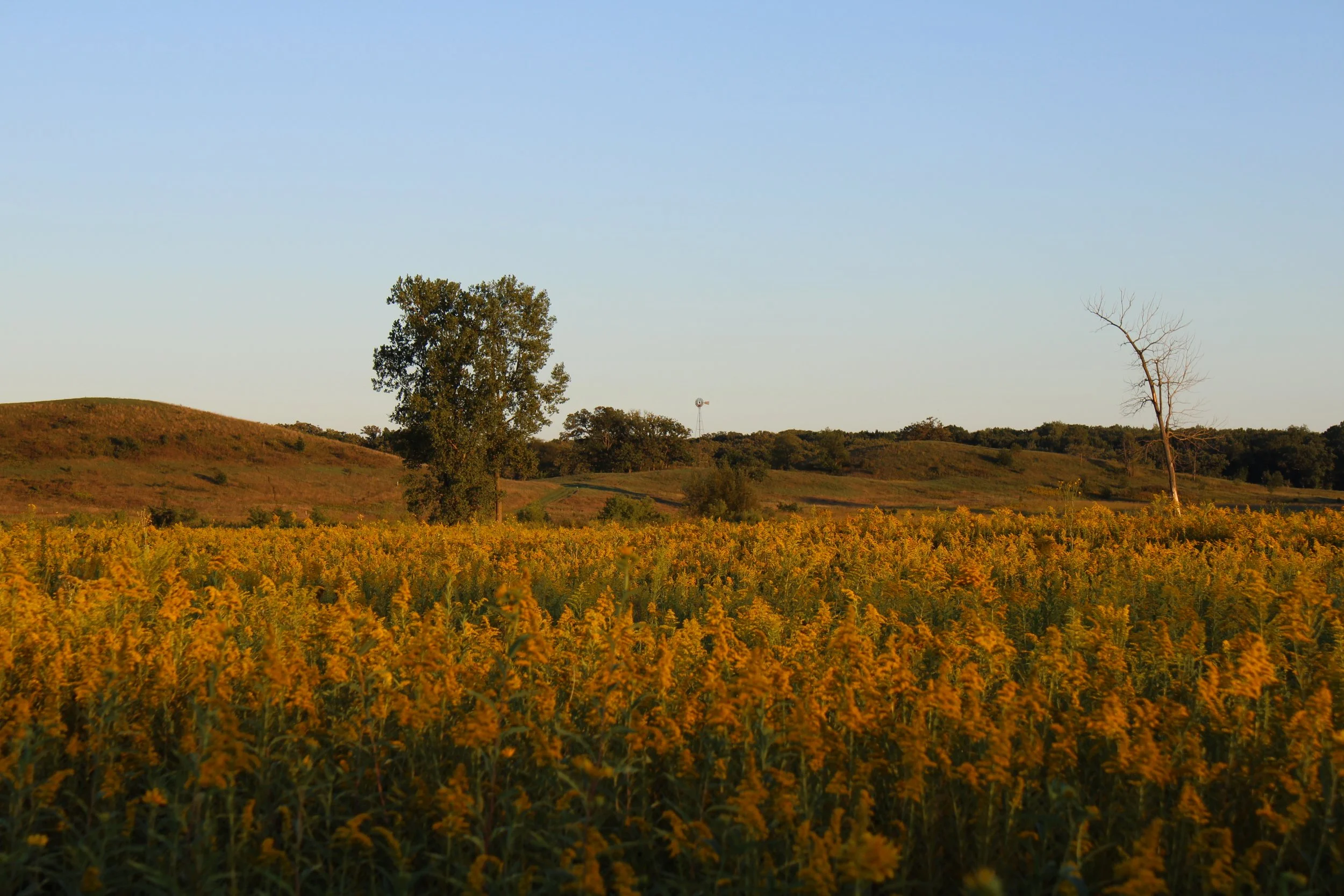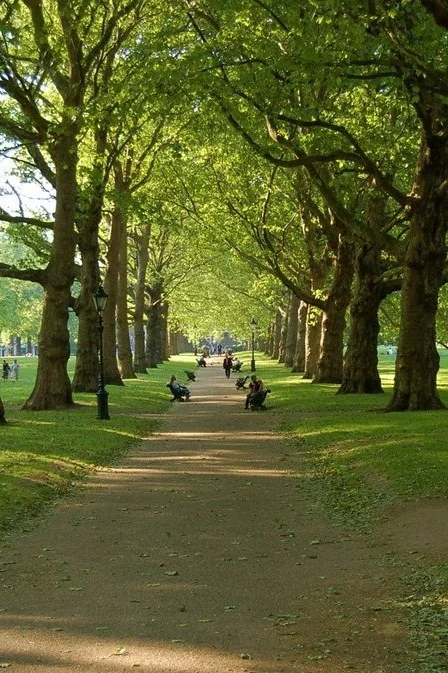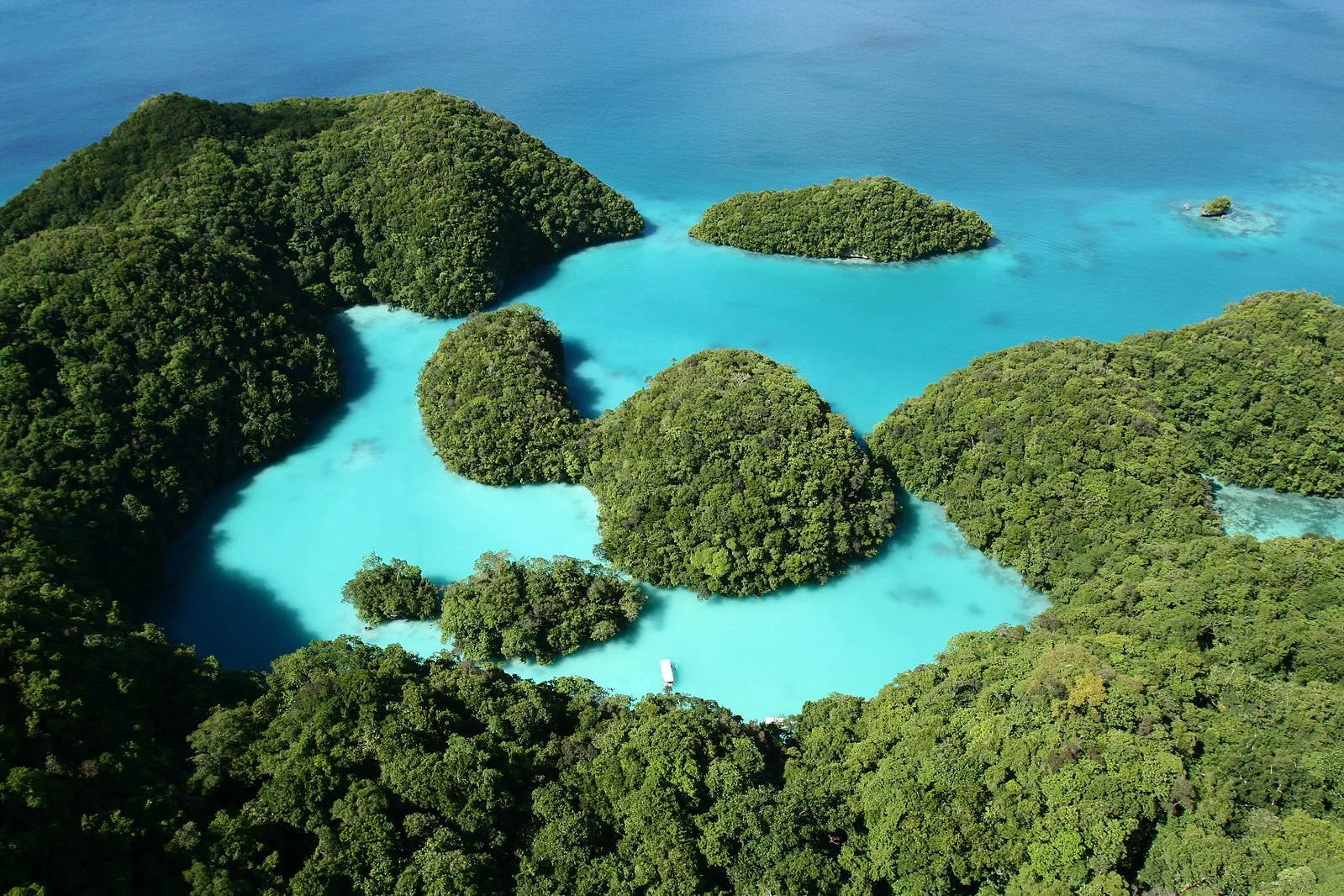Monarch butterfly populations are rapidly declining as a result of habitat loss, climate change, and limited food supplies. To secure their future, immediate conservation measures, cutting-edge technologies, and habitat restoration are crucial.
Read MoreMuch of Washington State’s shoreline is armored against erosion, which degrades important intertidal ecosystems. The funding of sustainable alternatives is making waves throughout the state, converting armoring on both private and public land.
Read MoreThe 1988 Yellowstone Fires devastated the park but proved that even the most scorched landscapes can thrive again.
Read MoreState agencies are racing against time to restore salmon passages and culverts. What does this mean for the future of salmon and the tribes that depend on it?
Read MoreConservationists and scientists debate over the efficacy of banning tropical milkweed from California backyards.
Read MoreTwo major glaciers in the Prince of Wales Icefield are receding as air temperatures warm, and the implications for global sea level rise are major.
Read MoreColony Collapse Disorder and a multitude of other factors are plaguing honeybee colonies, and researchers are trying to figure out how to mitigate their impacts.
Read MoreUW student provide insight on climate change and how it impacts their lives and mental health.
Read MoreDrier conditions and rising temperatures are driving more wildfires in the North Cascades, and local communities are finding ways to combat the worsening air quality.
Read MoreGrass is often not thought of first when it comes to sustaining a healthy ecosystem. However, a growing body of research suggests that not all grasses are created equal. By monitoring how grass species interact with the surrounding environment, and by choosing specific species to plant, the more deliberate use of grass could make a favorable difference in Seattle’s landscape.
Read MoreChanges in sea conditions lead to shifts within marine ecosystems and die offs of the Velella velella jellyfish.
Read MoreClimate change can be a stressful and scary topic to many. To help combat this, people are increasingly coming together in conversation in what are called “climate cafés.”
Read MoreThe Pacific island nations are some of the countries most impacted by climate change. To offset the effects of ocean warming and coastal erosion, countries like Palau utilize traditional agriculture and farming techniques to protect their home.
Read MoreAn infectious cancer has recently been discovered among clams in the Pacific Northwest. As its prevalence increases, scientists speculate on why it may be occurring and its implications for human cancer research.
Read MoreIn August 2023, a sunfish was spotted in south Puget Sound. Scientists speculate on why this tropical fish may have been sighted in the temperate waters of Washington state and what it means for marine life habitat shifts as climate change persists.
Read More



